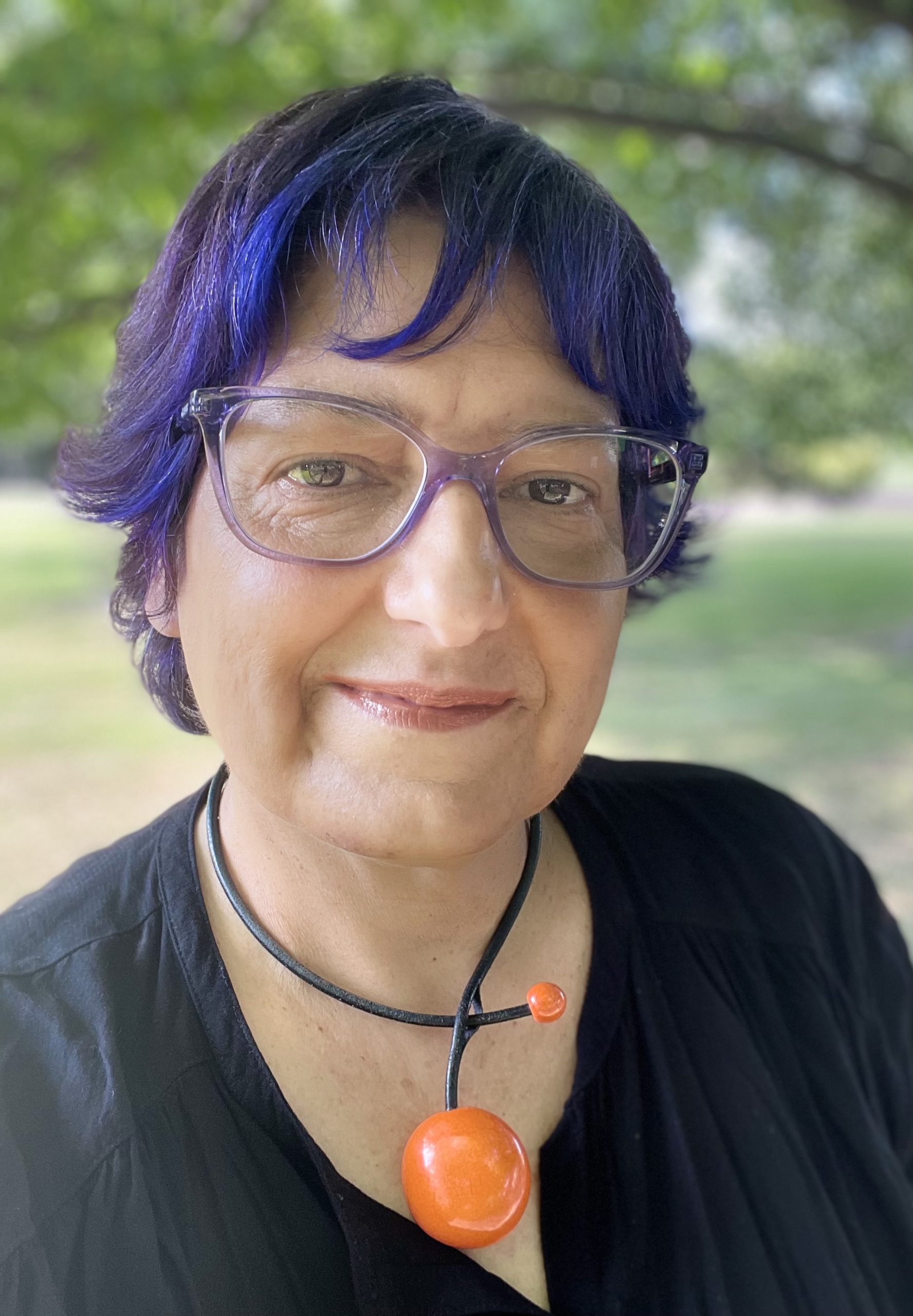
My research explores the intersections of print culture and self-making in the Americas in the seventeenth, eighteenth and nineteenth centuries.
My first monograph, Reading Prisoners: Literature, Literacy, and the Transformation of American Punishment, 1700–1845 (Rutgers UP, 2014) reveals surprising ways that prisoners emerged as readers, writers, and published authors in early American print culture, from the colonial era through the early national era. The book unearths and documents early debates over punishment and imprisonment that still persist today: should prisoners be educated, in what ways, and for whose benefit? Should prison discipline emphasize or deemphasize inmate education? How do those behind bars seek to influence the public sphere?
My future book project, (working title, Carved in Stone: Prison Writing from the Inside Out), advances a new methodology for understanding how the prison leaves its mark on writing by inmate authors. Through archival analysis of prison journals, handwritten letters, diaries, petitions, manuscripts, hand-made books, and more, I demonstrate how an array of inmates have historically created and circulated literature from places of unfreedom.
I teach frequently on US prison literature, American captivity narratives, slave narratives, and carceral theory. Together with other UF faculty and librarians affiliated with “Intersections: Mass Incarceration,” sponsored by the Center for Humanities in the Public Sphere, I helped develop this Carceral Studies Library Guide and expand UF Libraries’ holdings on mass incarceration, restorative justice, and prison abolition.
I am affiliate faculty in the Department of Gender, Sexuality, and Women’s Studies and offer at least one undergraduate or graduate elective course per year in gender or sexualities studies.
I have longstanding research interests in the history of gender and sexuality, from queer mullets to murderous mothers, from “men-mid-wives” to “macaronis.” My current book project, Self-writing and Sexuality in the Long Eighteenth Century, demonstrates how eighteenth- and early nineteenth-century biography, autobiography, and life writing conceptualize and popularize expressions of sexual subjectivity that feel both unique and collective, anticipating what would by century’s end emerge as “modern sexuality.”
I am an active graduate student advisor and undergraduate mentor, awarded Professor of the Year for Graduate Students from the Graduate Student Council (2013) and Teacher of the Year from CLAS (2011). I serve on the graduate advisory board of the Center for Humanities and the Public Sphere and the English Graduate Committee. I welcome outreach from current or potential UF graduate students seeking a graduate advisor, director, or committee member.
Public teaching evaluations are available here.
Contact
- office: Turlington Hall 4334
- voice: (352) 294-2875
- email: <jschorb@ufl.edu>
- ORCID:
 <https://orcid.org/0009-0003-8779-675X>
<https://orcid.org/0009-0003-8779-675X>